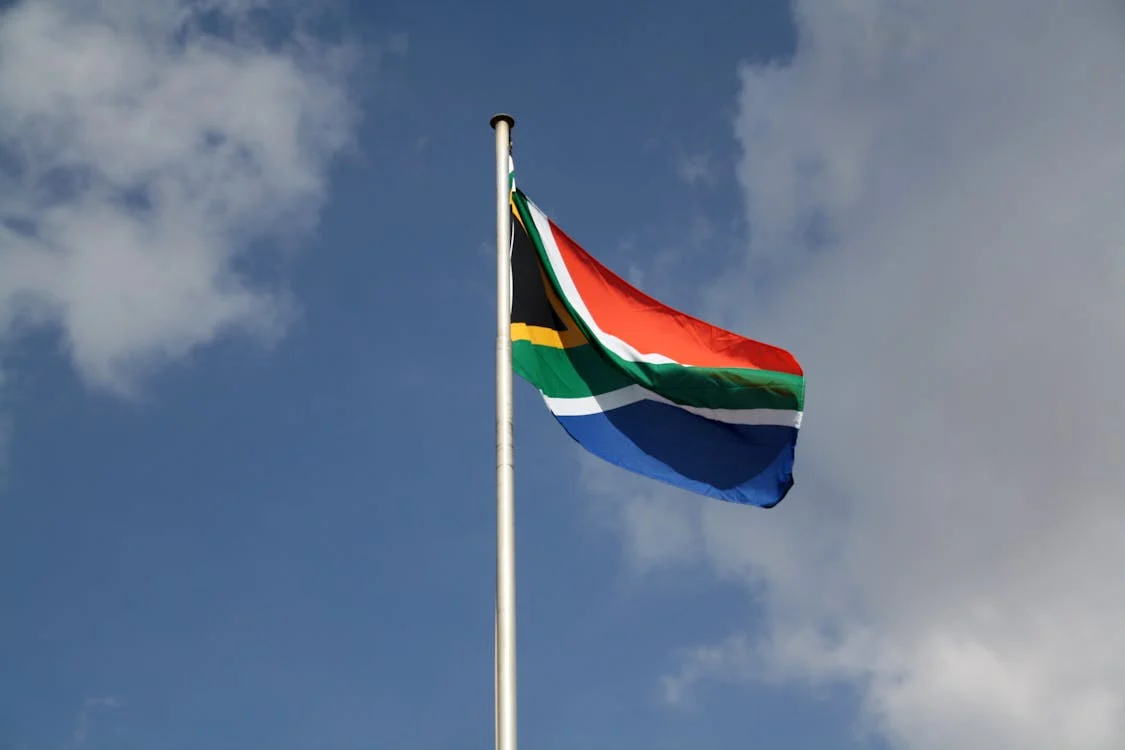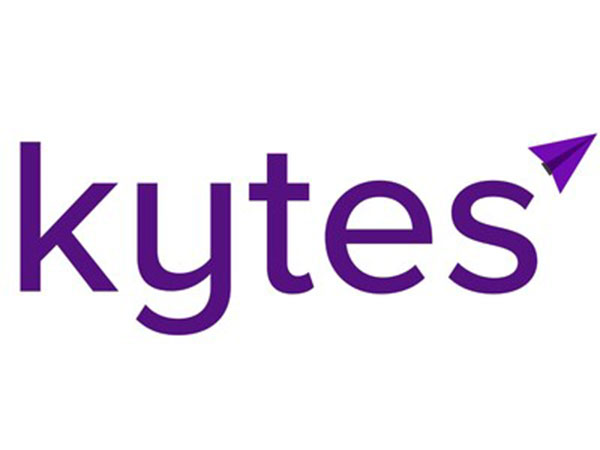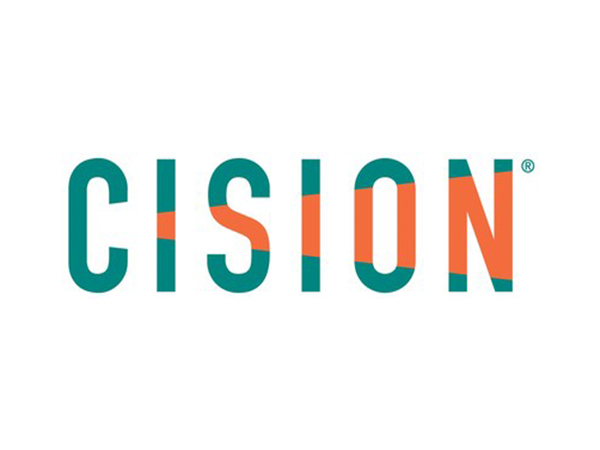ANC support grows in weeks before South African election
May 21, 2024
Johannesburg [South Africa], May 21: Support for South Africa's governing African National Congress has risen in the weeks leading up to this month's election.
A tracking poll showed, suggesting it may only need a small coalition partner or could even win a majority.
Analysts have been speculating for months that the ANC will fall short of 50% of the vote for the first time since coming to power 30 years ago under Nelson Mandela at the end of apartheid.
But if it secures close to half the vote or more, the May 29 election will be less of a watershed as the ANC will still be firmly in control of the nation's politics.
The poll, updated on weekdays by local think tank the Social Research Foundation (SRF), put support for the ANC at 44.8% on Friday, the latest day for which data is available, up from 37.7% exactly one month earlier under a scenario modelled for the 66% turnout seen at the last national election in 2019.
Opinion polls released in April by Ipsos and March by The Brenthurst Foundation and the SABI Strategy Group found backing for the ANC was several percentage points lower, at 40.2% and 39% respectively.
If the ANC is forced to turn to larger opposition parties like the Democratic Alliance or Economic Freedom Fighters, who won 20.8% and 10.8% in the 2019 election, they are likely to have to cede more ground in negotiations to form a coalition government.
Political analysts have seen the ANC's support increase in the weeks leading up to previous votes, attributing the trend to its far-reaching grassroots campaign in which thousands of volunteers go door-to-door and its leaders tour the country touting the party's record.
An added variable this time is former president Jacob Zuma's uMkhonto we Sizwe (MK) party, which made a big dent in support for the ANC and other parties after Zuma endorsed it in December. Now that the initial surge in support for MK has slowed, the ANC is seen gradually clawing back support.
The SRF tracking poll had a base sample of around 2,000 established between March and April, with a margin of error of 2.2% at the 95% confidence level. Interviews were conducted over the phone.
The poll has been incorporating 200 new respondents daily since April 15, which is being increased from Monday to 300 until May 28, the day before the election.
Source: Fijian Broadcasting Corporation








